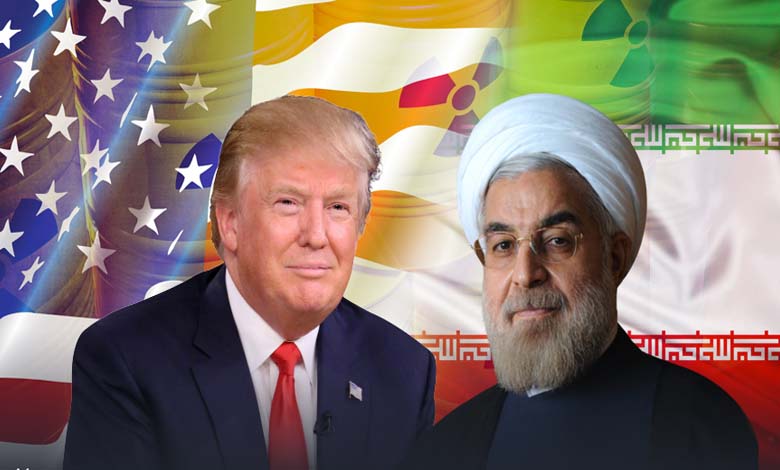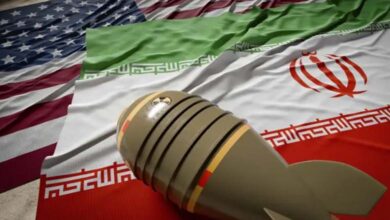Deal or Strike? Limited Options for Trump in Dealing with Iran

Unexpectedly, the likelihood of President-elect Donald Trump adopting a more flexible policy toward Iran is increasing.
-
Trump’s Return Pushes European Powers to Demand Increased Pressure on Iran
-
Iran Keeps Door Open for Dialogue with Trump and Prepares for New Sanctions
During his first term, Trump’s strategy focused on “maximum pressure” against Iran by imposing economic sanctions and isolating it internationally. However, new factors might make reaching an agreement with Iran more acceptable today.
First Path: A Comprehensive or Limited Agreement
A comprehensive deal might address multiple issues, such as Iran’s nuclear program, its support for regional proxies like Hezbollah and Hamas, and its development of ballistic missiles. While more complex, this type of agreement could lead to long-term stability in the region.
-
Iran Unveils Underground Missile Base Used to Attack Israel
-
Why does Trump want to annex Greenland? The full story
A limited agreement, however, would focus solely on Iran’s nuclear program without addressing other issues. While potentially easier to negotiate, it could raise concerns in Israel, which views the nuclear program as only one part of its broader challenges with Iran.
Second Path: Military Strike
If Trump decides to escalate against Tehran over alleged assassination attempts during his presidential campaign, he might opt for military action against Iran or its regional allies, such as the Houthis in Yemen. This option could bolster Israeli efforts to weaken Iran’s influence in the region.
-
Western Maximum Pressure Campaign to Prevent Iran from Acquiring Nuclear Weapons
-
“Iran Nuclear Deal”: Diplomatic Efforts to Contain Escalation
However, some question whether a military strike would lead to further escalation with Iran and its allies or prompt Tehran to back down from its nuclear threats. At the same time, concerns linger about the unpredictable reactions such an operation could trigger from Iran and its partners.
The American magazine concludes that Trump’s decision on Iran will be pivotal in shaping U.S. policies in the Middle East during his second term. Whether he pursues a comprehensive diplomatic deal or military pressure, the outcome will have significant implications for U.S. relations in the region and the overall stability of the Middle East.
-
Iran and Russia: A ‘Fragile’ Partnership at Risk of the ‘Wedge of Discord’
-
Iran Prepares for Imminent Sanctions with Nuclear Talks with European Powers
United Against a Nuclear Iran
In this context, the American organization United Against Nuclear Iran (UANI), which seeks to prevent Iran from acquiring nuclear weapons, has released a report urging the Trump administration to intensify pressure on Iran through various means:
- Economic Pressure: Reimpose economic sanctions, particularly on oil exports, which have risen in recent years due to weaker enforcement of restrictions.
- Military Pressure: Conduct targeted strikes against Iran’s Revolutionary Guard and its proxies if they threaten U.S. interests, and carry out military operations targeting nuclear sites if Tehran continues developing its nuclear program.
- Diplomatic Pressure: Send strong messages to Iran, warning that any advancement in its nuclear program will prompt a military response from the United States.












